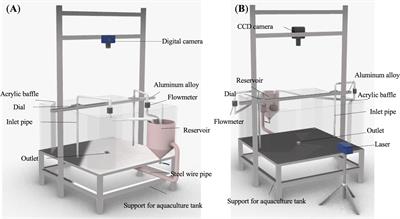EDITORIAL
Published on 27 Jun 2023
Editorial: Aquaculture environment regulation and system engineering
doi 10.3389/fmars.2023.1236868
- 981 views
7,008
Total downloads
38k
Total views and downloads
You will be redirected to our submission process.
EDITORIAL
Published on 27 Jun 2023
ORIGINAL RESEARCH
Published on 15 May 2023
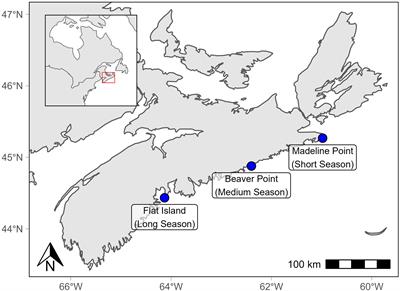
ORIGINAL RESEARCH
Published on 30 Mar 2023
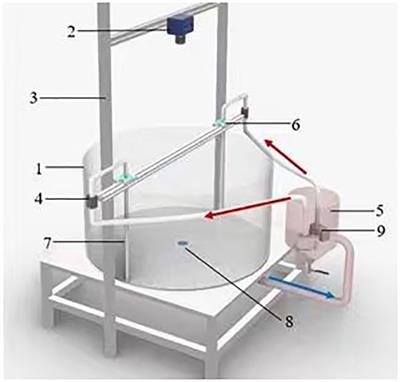
ORIGINAL RESEARCH
Published on 09 Feb 2023
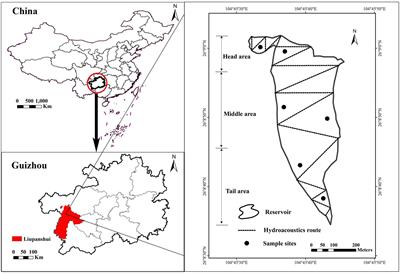
ORIGINAL RESEARCH
Published on 03 Feb 2023
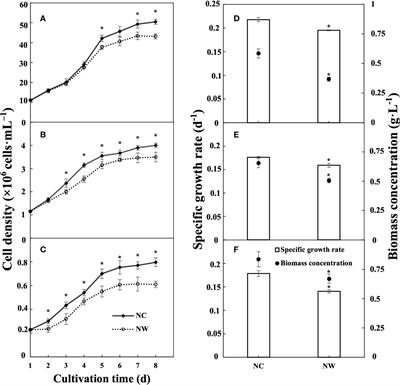
ORIGINAL RESEARCH
Published on 26 Jan 2023
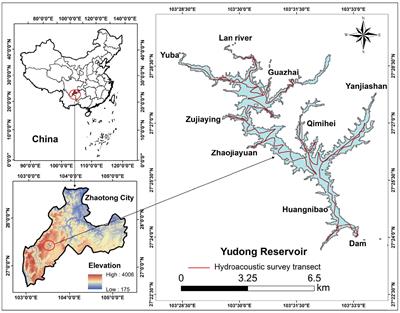
ORIGINAL RESEARCH
Published on 23 Jan 2023
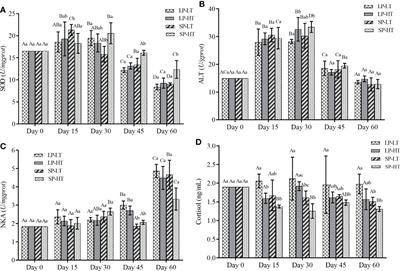
ORIGINAL RESEARCH
Published on 19 Jan 2023
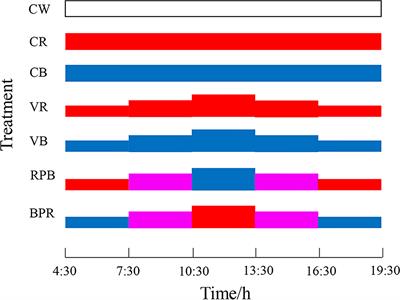
ORIGINAL RESEARCH
Published on 08 Dec 2022
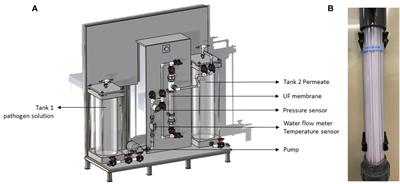
ORIGINAL RESEARCH
Published on 24 Nov 2022
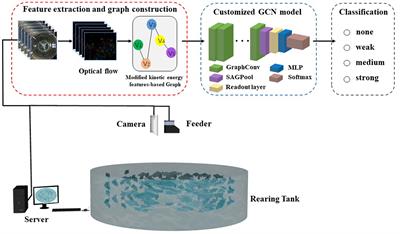
ORIGINAL RESEARCH
Published on 10 Nov 2022

ORIGINAL RESEARCH
Published on 07 Nov 2022
